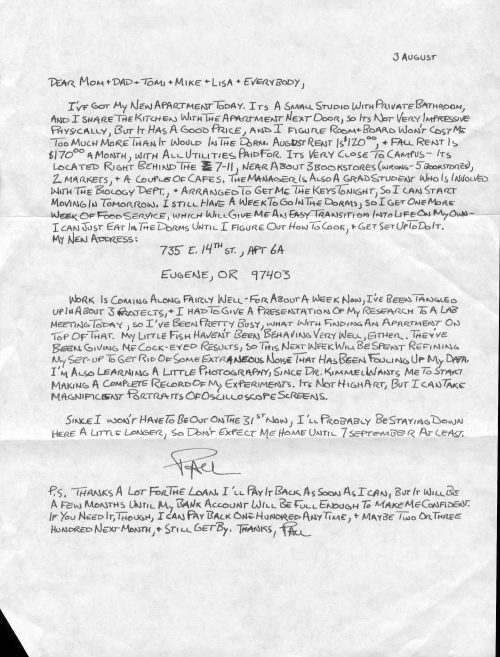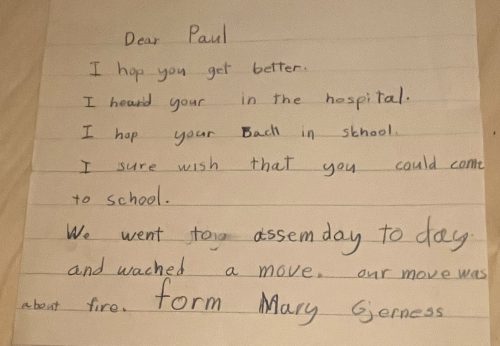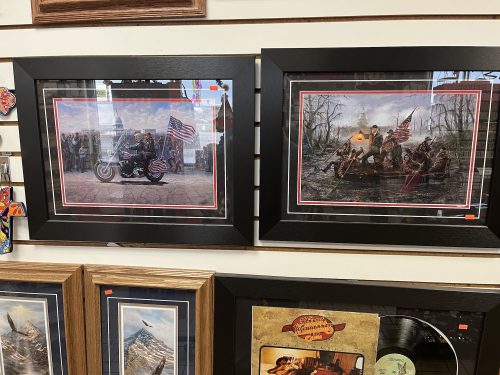We grandparents love to hear about the cute and adorable things our grandchildren are up to. Here’s the latest news about Iliana:
Tomorrow, she gets to wear pajamas to school because her class filled up a “good behaviour” jar. The final fill-up was because the class did really well during the lockdown drill today. She explained to us that a real lockdown is when a person with a weapon comes into the school to kill you. They hid for the drill and the principal acted as the threat person. She said if she gets outside she’s supposed to sprint away because they’ll be trying to kill her. She said that the teachers weren’t talking about killing, but the kids figured it out. She and her friends were playing a game called “lockdown drill” after this and acting it out again.
Wow. That sounds like such a fun game. We didn’t have games like that when I was a kid.









